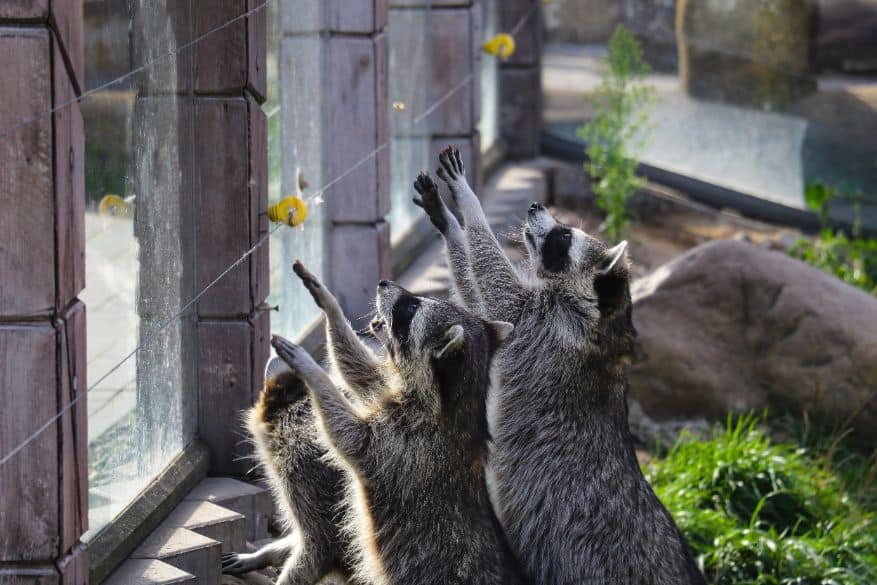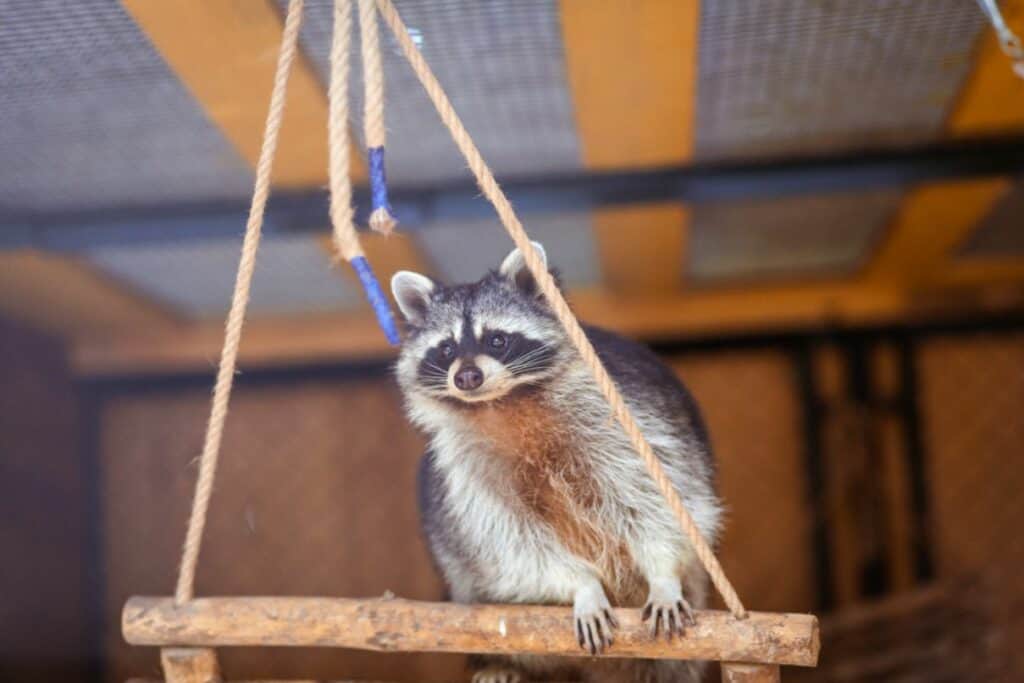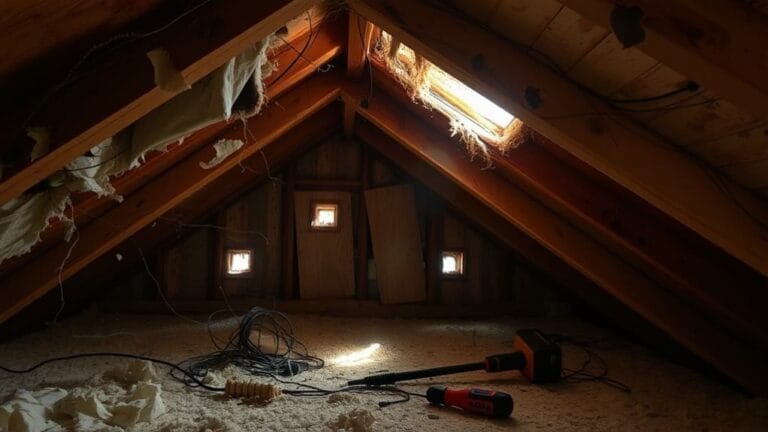Animal control deals with all sorts of animals, from rodents to reptiles. But one of the most common calls they receive is for raccoons.
Raccoons are intelligent and adaptable creatures, which means they can often be found rummaging through trash cans or raiding gardens in search of food.
While this may seem harmless, raccoons can actually be quite dangerous. They can carry several diseases, including rabies, and their sharp claws can cause serious injuries.
As a result, animal control officers work to remove raccoons from urban areas and relocate them to more forested regions. This helps to reduce the risk of disease and injury while also giving the raccoons a better chance at finding food.
What to Do With Raccoons on Your Property
Table of Contents

Raccoons are a common sight in many neighborhoods. These nocturnal animals are attracted to areas with food and water available. While they may look cute, raccoons can cause significant damage to your property.
They are known for tipping over garbage cans, raiding gardens, and even entering homes through pet doors.
If you have raccoons on your property, it’s crucial to take action to remove them. Animal control is one option, but there are also things that you can do to keep raccoons away from your home. Read on to learn more about what to do with raccoons on your property.
Animal Control
One option for dealing with raccoons on your property is to call animal control. Animal control officers will come to your property and trap the raccoons. Once the animals are trapped, they will be relocated to another area.
There are some drawbacks to this approach. First, it can be expensive. The cost of animal control services varies depending on the location, but it is typically between $75 and $200 per visit. Second, there is no guarantee that the animals will stay away. They may return to your property after they are released.
Homeowners’ Associations
Another option for dealing with raccoons is to contact your homeowners’ association (HOA). Many HOAs have a policy for dealing with wildlife on residents’ properties. In some cases, the HOA may even cover the cost of removing the animals.
It’s important to note that not all HOAs have a wildlife removal policy. If yours does not, you may be able to work with them to create one. This is typically done by presenting a petition signed by several homeowners in the community.
DIY Approaches
There are also some things that you can do yourself to keep raccoons away from your property. One popular approach is to install a fence around your yard.
The wall should be at least six feet tall and made of sturdy material such as wood or metal. It should also extend at least six inches below ground level so that the animals cannot dig underneath it.
You can also deter raccoons by ensuring that there is nothing on your property that would attract them.
This includes covering garbage cans and removing any pet food left outside overnight. You should also trim any trees or bushes that touch your home, as these provide easy access for the animals.
How do you permanently get rid of raccoons?

If you’re dealing with a raccoon problem, you’re probably wondering how to remove them permanently. You’ll need to take a few key steps to achieve this.
- Examine the area for any baby raccoons: Raccoons are fiercely devoted to their young and generally stay in the vicinity of their babies for an extended time. The parents will also depart if you can remove the youngsters.
This idea can help you remove babies without harming them.
- Set live traps: Once you’ve determined that there are no babies, set live traps to catch and release the remaining adults. Be sure to check the traps regularly to remove the animals as soon as possible.
- Seal all gaps: To keep raccoons from returning to your attic or other areas of your home, seal all holes and openings, including vents and seals.
- Remove all food sources: Remove any food, water, or bedding material raccoons may use, and lock trash cans and pet food containers.
- Repellents: There are also some repellents that you can use to keep raccoons away from your property. These include ultrasonic devices, lights, and sprinklers.
- Ultrasonic Devices: Ultrasonic devices emit high-pitched noise only audible to animals. When these devices are turned on, they will send raccoons running in the other direction.
- Lights: Raccoons are most active during the nighttime since they are nocturnal animals. (Except in winter time) Turning on a light in an area where raccoons are present will often scare them away. You can also use motion-activated lights to deter these animals.
- Sprinklers: Another option is to install a sprinkler system. This can be triggered by motion, so it will go off when raccoons are present. The sudden noise and water will often scare them away.
How long does it take to get rid of raccoons?
If you’re dealing with a raccoon problem, you may wonder how long it will take to get rid of them. The good news is that raccoons are generally only interested in staying for a few weeks and will typically move on of their own accord after 8-10 weeks.
The steps we mentioned earlier can help to discourage pests from sticking around in the meantime. With patience, you’ll be able to enjoy your yard again without unwanted visitors.







